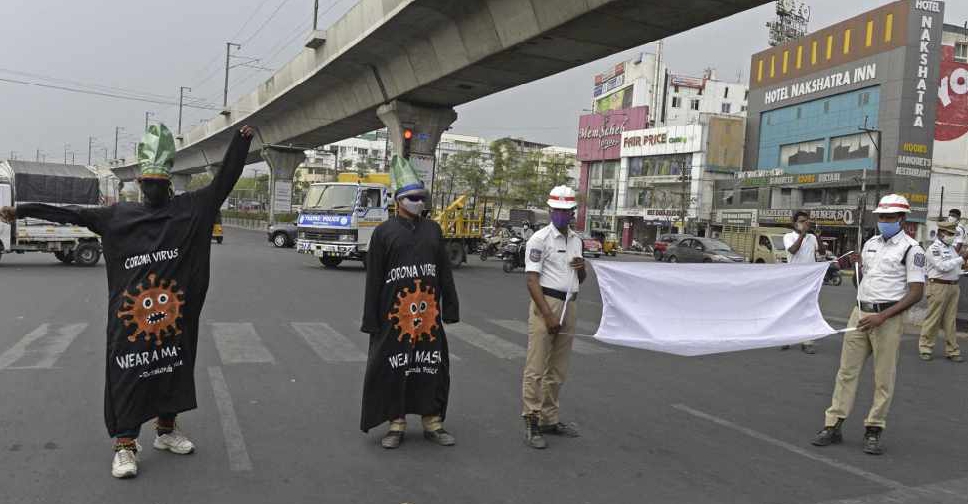
India reported a record daily tally of 168,912 COVID-19 infections on Monday, overtaking Brazil to become the second-most affected country globally by the coronavirus.
India now accounts for one in every six daily infections worldwide, and stands second after the United States, with 31.2 million total cases.
A full opening of India's economy after last year's crippling lockdown, mass religious festivals and political rallies in states holding elections have worsened a second wave of infections, experts say.
In the northern city of Haridwar, nearly a million devotees thronged the banks of the Ganges to join in the months-long 'Kumbh Mela', risking another surge in infections.
"The crowd here is surging...the police are continuously appealing to people to maintain social distancing," police official Sanjay Gunjyal told Reuters at the site.
Authorities have made virus tests mandatory for those entering the area, where officials said they were battling to hold back crowds.
Elections are also due in four big states this month, with Prime Minister Narendra Modi set to travel to the eastern state of West Bengal to address rallies that will draw thousands.
"With 1.2 million active cases, and the daily number reaching 200,000, it’s bizarre to have poll rallies and a full Kumbh Mela," political commentator Shekhar Gupta said in a Twitter post.
"This will take the virus deeper into villages and small towns. This is the calamity we dodged with a crippling lockdown in the first wave. Now we’re inviting it back."
A death toll of 904 overnight was the highest since October 18, taking the total figure to 170,179, data showed.
Meanwhile, officials in the worst-hit state of Maharashtra, home to the financial capital of Mumbai, said they were considering a broader lockdown after large closures over the weekend.
The state, India's industrial powerhouse, tallied 63,294 new infections on Sunday, led by a surge in its key cities of Mumbai, Nagpur and Pune.
"It is necessary to break the cycle (of infections)," said a senior state official who attended a meeting with state leaders on Sunday and sought anonymity.
"We are working on identifying industries and services that need to be exempted."
The state is among many that have demanded more doses of vaccines for immunisation campaigns. India has injected more than 100 million doses since mid-January, the highest figure after the United States and China, but much lower as a share of its population than many countries.
As cases have climbed, India has banned the export of anti-viral drug remdesivir and its active ingredients, which doctors have used to treat patients.



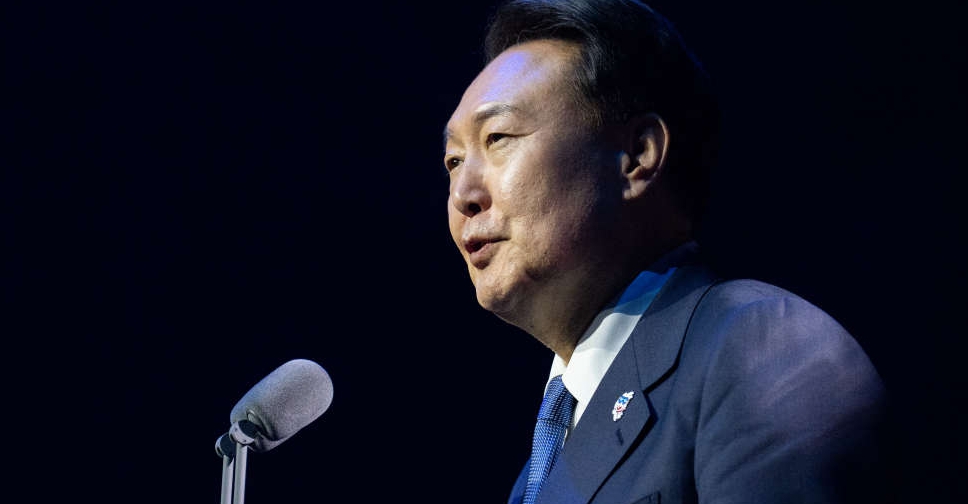 Trial of South Korea's impeached President Yoon set to begin
Trial of South Korea's impeached President Yoon set to begin
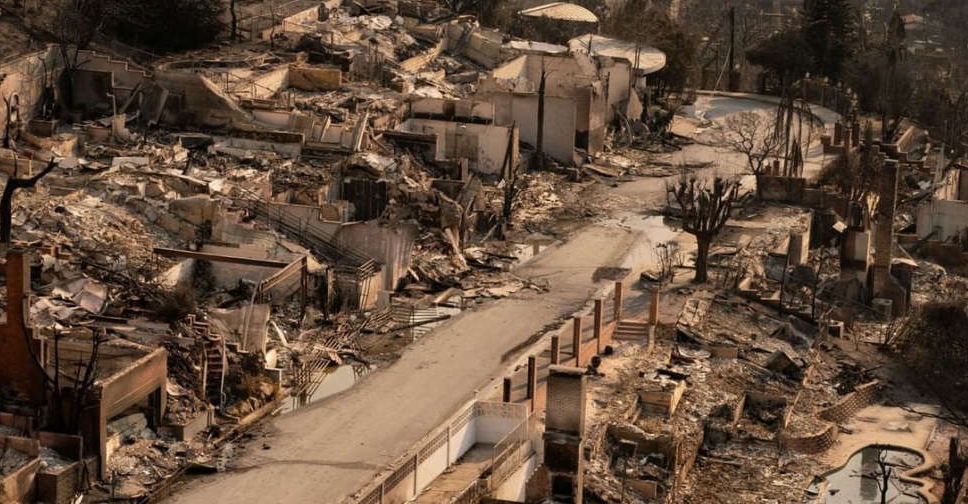 Los Angeles utility sued for Palisades Fire water shortage, court filing shows
Los Angeles utility sued for Palisades Fire water shortage, court filing shows
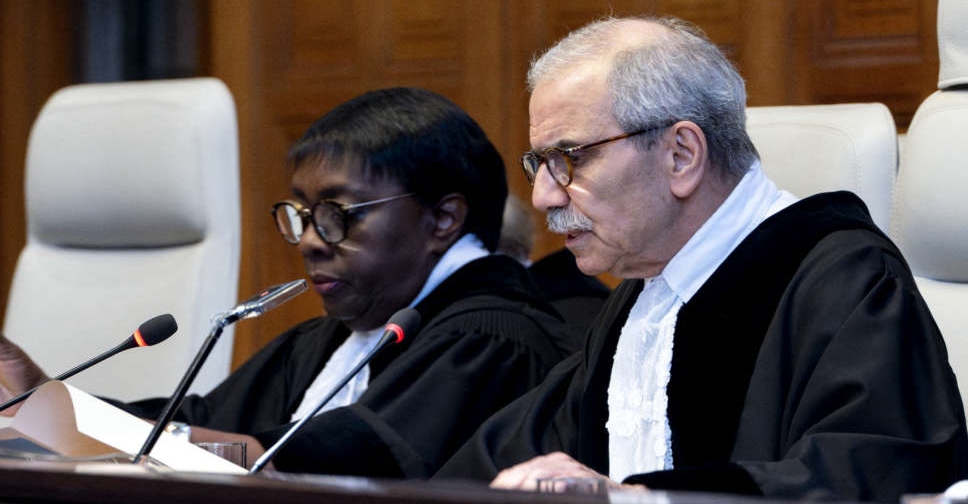 Lebanon's Nawaf Salam to be designated PM
Lebanon's Nawaf Salam to be designated PM
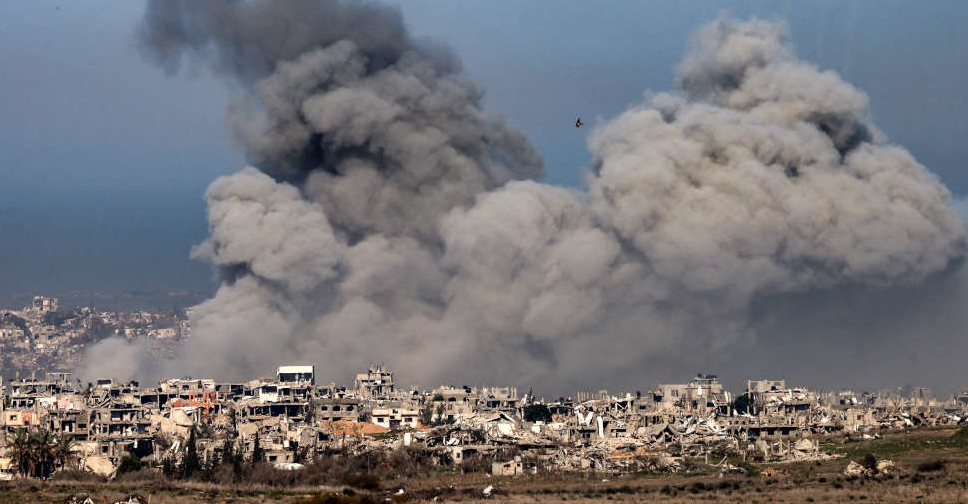 Qatar hands Israel, Hamas 'final' draft of Gaza ceasefire deal
Qatar hands Israel, Hamas 'final' draft of Gaza ceasefire deal







